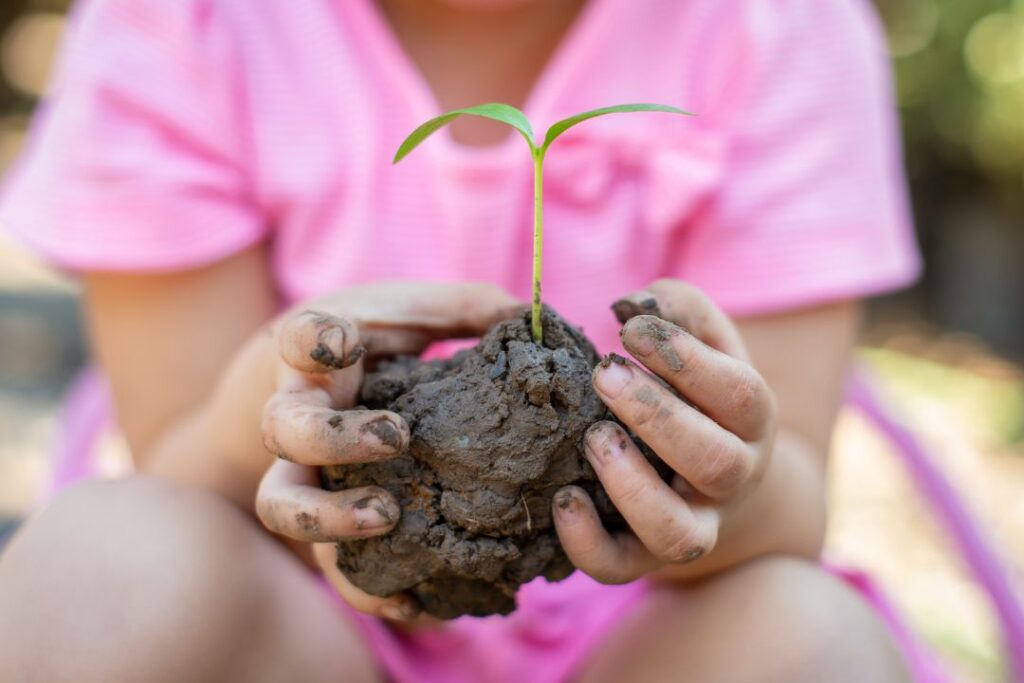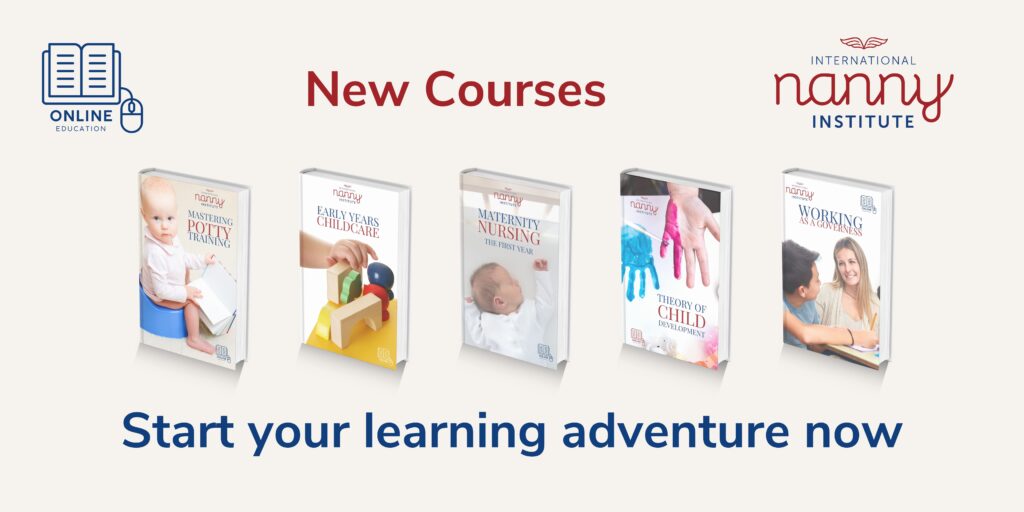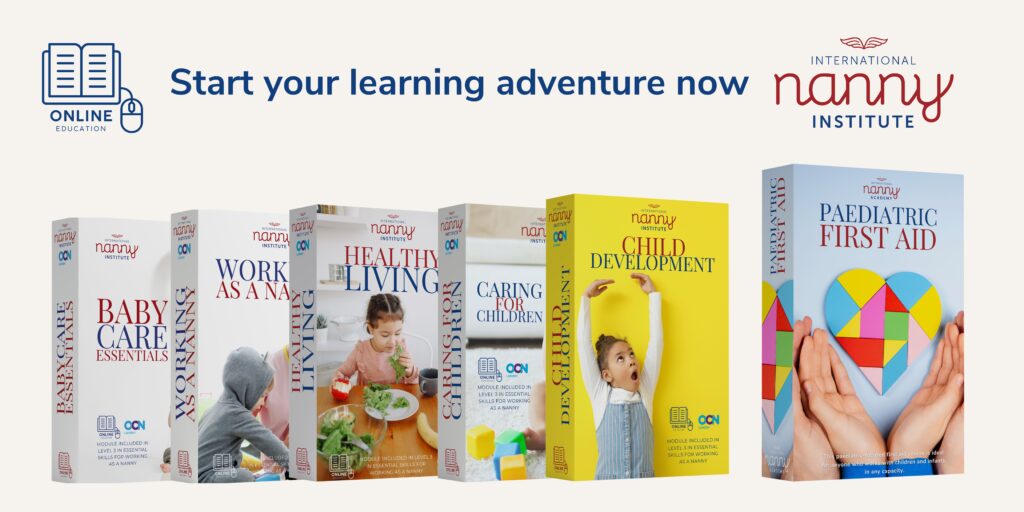Teaching children about the life cycle of plants is a great way to promote scientific learning and curiosity. By understanding how plants grow and develop, children can gain a deeper appreciation for the natural world and develop a sense of environmental responsibility.
In this blog post, we will explore how nannies and caregivers can begin to teach children about the life cycle of plants.
Age-Appropriate Lessons for Teaching About the Life Cycle of Plants

The life cycle of plants can be a complex concept, but there are many age-appropriate lessons that you can use to teach children about this process. Below are some examples of lessons and activities that can be tailored to different age groups:
Preschool (ages 3-5)
Preschool-aged children are just starting to develop their scientific understanding of the world around them. To introduce them to the life cycle of plants, you can use books, songs, and hands-on activities that focus on basic concepts such as growth, change, and nature. Examples of age-appropriate activities include:
- Reading books about plants and nature, such as “The Tiny Seed” by Eric Carle or “Up, Down, and Around” by Katherine Ayres.
- Singing songs about plants and nature, such as “The Green Grass Grows All Around” or “I’m a Little Seed.”
- Planting seeds in pots or cups and watching them grow over time. This can help children understand the concept of growth and change.
Elementary School (ages 6-11)
Elementary school-aged children have a greater capacity for understanding scientific concepts. To teach them about the life cycle of plants, you can use more detailed lessons and hands-on activities that focus on specific stages of plant growth. Examples of age-appropriate activities include:
- Creating a plant life cycle diagram or poster that shows the different stages of plant growth, from seed to mature plant.
- Planting seeds and observing the growth process over time. This can help children understand the different stages of plant growth and the factors that affect plant growth, such as light and water.
- Examining different parts of a plant, such as the roots, stem, leaves, and flowers. This can help children understand the functions of each part of the plant and how they contribute to the plant’s overall growth and development.

Middle and High School (ages 12-18)
Middle and high school-aged children have a more advanced understanding of scientific concepts and are capable of conducting more complex experiments and investigations. To teach them about the life cycle of plants, you can use lessons and activities that focus on plant reproduction, genetics, and environmental factors that affect plant growth. Examples of age-appropriate activities include:
- Conducting experiments to test the effects of different environmental factors, such as light, temperature, and soil composition, on plant growth.
- Investigating different methods of plant reproduction, such as asexual reproduction and sexual reproduction, and comparing the advantages and disadvantages of each method.
- Examining the genetic factors that affect plant growth and development, such as inherited traits and genetic mutations.
Examples of Information to Teach Children About the Life Cycle of Plants

When teaching children about the life cycle of plants, it’s important to provide them with accurate and age-appropriate information. Below are some examples of information that can be tailored to different age groups:
Preschool (ages 3-5)
Preschool-aged children can learn basic concepts about plant growth and development, such as:
- Plants grow from seeds.
- Plants need water, sunlight, and soil to grow.
- Different plants have different shapes, colours, and sizes.

Elementary School (ages 6-11)
Elementary school-aged children can learn more detailed information about the life cycle of plants, including:
- The stages of plant growth, including seed germination, growth, reproduction, and death.
- The functions of different parts of the plant, such as the roots, stem, leaves, and flowers.
- The environmental factors that affect plant growth, such as light, water, temperature, and soil composition.

Middle and High School (ages 12-18)
Middle and high school-aged children can learn more advanced information about the life cycle of plants, including:
- The different methods of plant reproduction, including asexual reproduction and sexual reproduction.
- The genetic factors that affect plant growth and development, such as inherited traits and genetic mutations.
- The environmental factors that affect plant growth and development on a larger scale, such as climate change and pollution.
Teaching children about the life cycle of plants can help to support their scientific learning and complement their school curriculum. If you’re interested in how to educate children in line with or alongside a specific curriculum, our course on Working as a Governess will support you in doing this.








